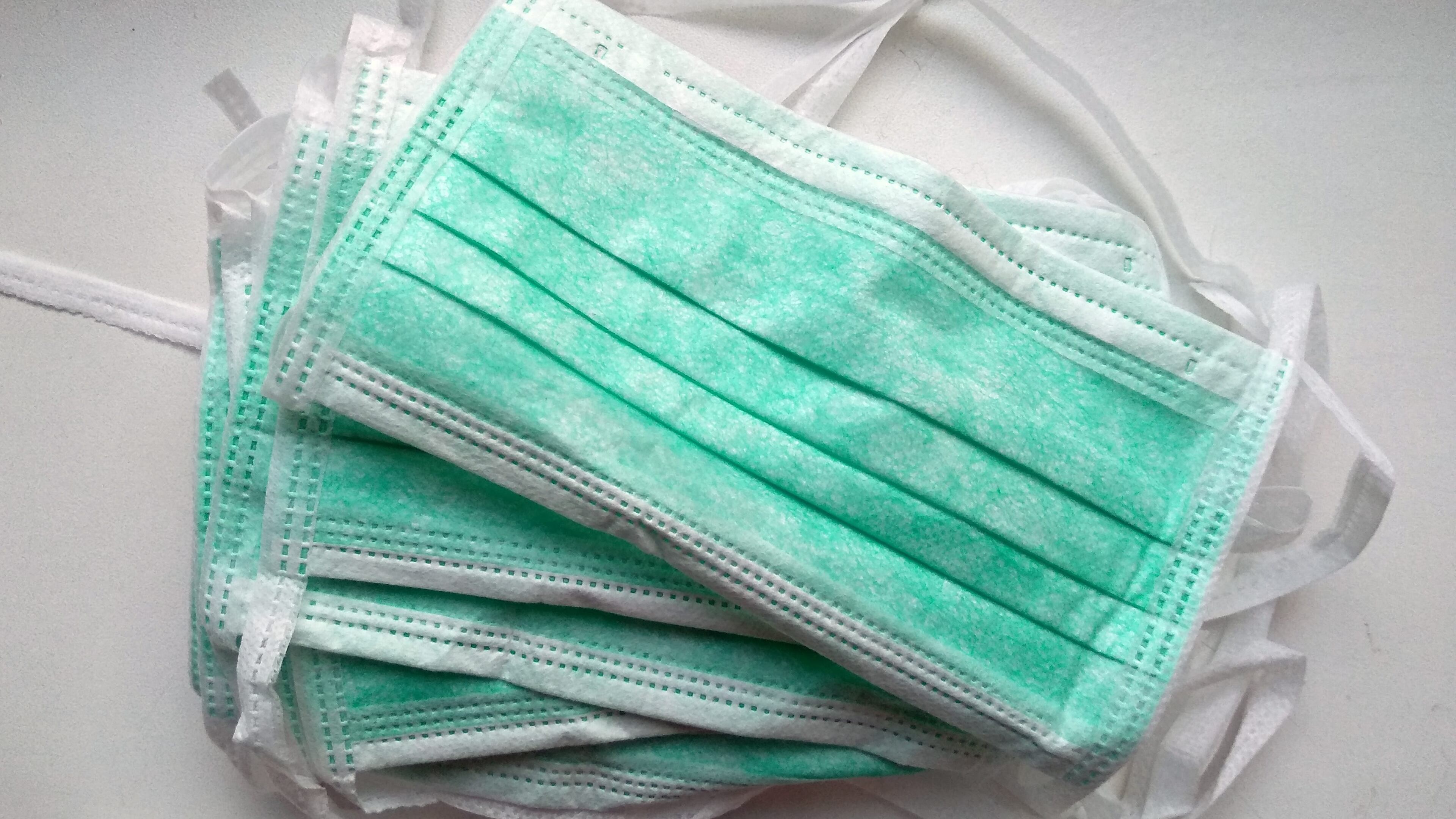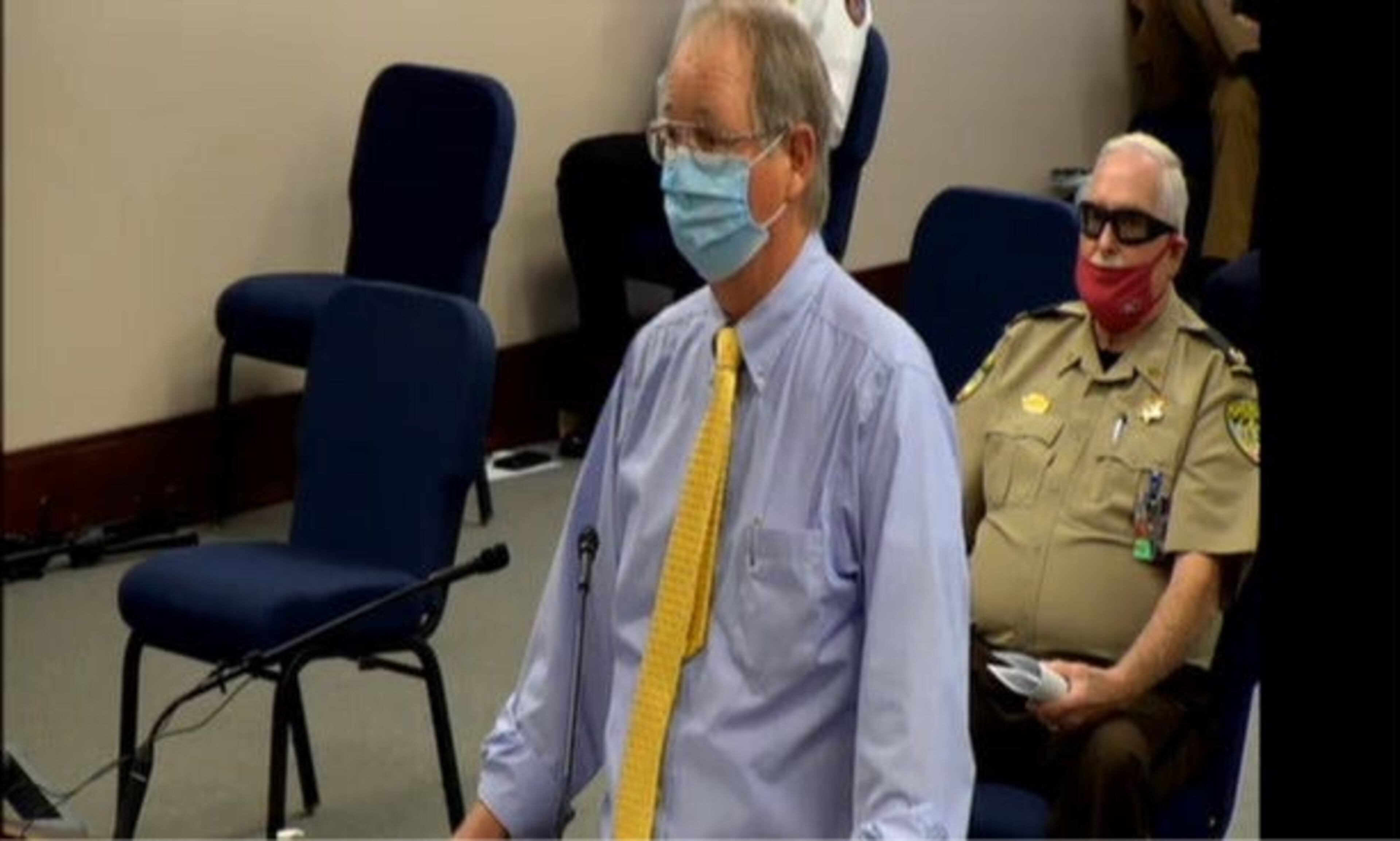Savannah COVID-19 hospitalizations spike, especially among the young

This Fourth of July holiday shouldn't be about independence from masks for those who aren't vaccinated, especially as new variants spread across Georgia, physicians warn.
In the Savannah area, the unvaccinated are the majority and hospitalizations spiked recently.
"We have seen an increase in (COVID-19) cases over the last two weeks from a low of two admitted to now 13 admitted patients today, with two of those in the ICU," said Dr. Stephen Thacker of Memorial Health University Medical Center on Thursday. "They have nearly all been unvaccinated individuals under the age of 65."
Another six patients were hospitalized with COVID at St. Joseph's/Candler on Thursday.
"While we have treated some patients who contracted the virus before they were fully vaccinated, we know of no patients who were hospitalized after being fully vaccinated and fully antibodied," spokesman Scott Larson said.
Vaccination rates have slowed to a crawl, with full vaccination rates at 40% in Chatham, 37% in Bryan and 28% in Effingham. Georgia as a whole is at 38% fully vaccinated.
"We definitely finished the sprint portion of vaccinations," said Dr. Lawton Davis, director of the eight-county Coastal Health District. Everybody that really wanted it got out there and got it. And so now we're in the marathon phase where we're just sort of attempting to chip away at little groups of people, families or, friendly cohorts that maybe all everybody's waiting on is somebody else in their little group to do it."

COVID-19 vaccines have been available for older residents since January and to all residents age 12 and up since early May. The vaccines are free and widely available at chain drug stores including CVS and Walgreens, local drug stores like Apollo Pharmacy, grocery store pharmacies including Publix, Kroger's and Walmart, as well as at the health department. There's even a no-appointment, free walk-up clinic available at the Oglethorpe Mall sponsored by the J.C. Lewis Primary Health Care Center.
In the last full week in June the Chatham County Health Department gave 278 vaccines, Davis said. At the peak they were delivering more like 1,000 a week.
In Chatham, over 90% of those 65 and over, have been vaccinated, Davis said. That's driven down the age of those being hospitalized. It's mainly adults under 65.
"It's younger now because the older people are vaccinated," Davis said.
Vaccines aren't 100% effective, but they're close.
"But in those people who are unfortunate enough to have a breakthrough case, almost always will be very mild. And the viral load that that person will have, good data shows it'll be much lower than with a typical case in an unvaccinated person and so you're very unlikely to spread the virus to somebody else. So, A) if you are unlucky, and you get it, you'll probably have a very mild case and won't wind up in hospital and B) you probably won't give it to anybody else."
Race against mutations
Viruses including the novel coronavirus constantly change through mutation, the Centers for Disease Control and Prevention explains. "A variant has one or more mutations that differentiate it from other variants in circulation," the CDC website states. "As expected, multiple variants of SARS-CoV-2 have been documented in the United States and globally throughout this pandemic."
Variants aren't always more harmful or easier to transmit but they can be. Public health officials view the key to controlling the pandemic as a kind of race against the variants by getting enough people vaccinated before a vaccine-resistant variant emerges.
The Coastal Health District doesn't do local testing to determine which variants of the coronavirus are circulating, Davis said. Instead it relies on the state Department of Public Health, which tests about 100 samples a week. The most recent results showed the predominant strain was the Alpha or UK variant at 75 to 80%. The more transmissible Delta variant that has devastated India is probably somewhere between 0.4% and 0.6% in Georgia, Davis said.
To keep it that way more people need to be vaccinated, Davis said.
"The messenger RNA vaccines are still at least 90% effective in protecting against the Delta variant," he said. That's the two-shot Pfizer and the Moderna vaccines. Data on the one-shot Johnson & Johnson vaccine's efficacy against the Delta variant is not yet available, Davis said.
Chatham slipped into the moderately high range of community transmission on July 1 after being in the low range for weeks.
"It's still out there. And people still need to use common sense. If you're going to be outdoors with family and friends, if you know they're vaccinated, you're pretty much good to go."
But if you're unvaccinated, you should still wear a mask. If you're unsure of others' vaccination status and you'll be inside, Davis also advises wearing a mask.
He's vaccinated but still wears one.
"I'm one of those people who's over 65 and I take an immunosuppressant," he said. He doesn't want to risk a breakthrough case even if it wouldn't land him in the hospital.
And he wants to set a good example of practicing what he preaches. For those who are unconvinced that masks work, he points to the most recent flu season.
"We had almost no flu season this year,' he said.
Same goes for respiratory syncytial virus, which is typically a leading cause of children's hospital admissions.
"They had basically zero admissions from RSV while we were all wearing masks and social distancing and washing our hands. And then we have returned to normalcy and boom, the RSV admissions went right back up."
Mary Landers is the environment and health reporter at the Savannah Morning News. Contact her at 912-655-8295. Twitter: @MaryLandersSMN
This article originally appeared on Savannah Morning News: Savannah COVID-19 hospitalizations spike, especially among the young
